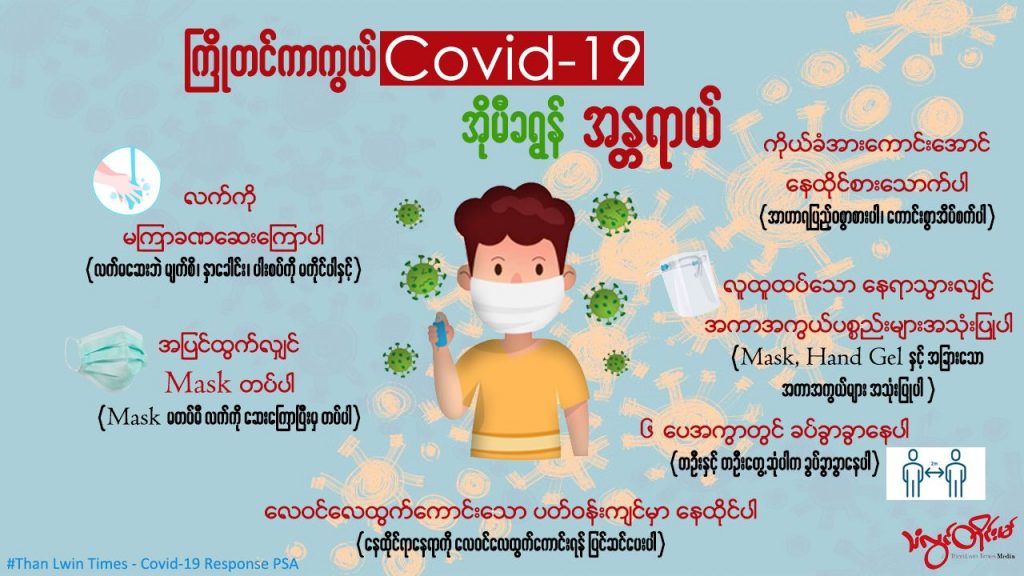Yangon, March (7)
The military regime committed 640 violations of human rights in 25 different ways in various regions and states across the nation in the first two months of this year, according to the weekly data of the Spring Archive.
These figures are published weekly by the Network for Human Rights Documentation – Burma’s Spring Archive, based on media outlets, and again cited by Than Lwin Times.
There were more than 340 human rights violations committed by junta troops in all regions and states, and Sagaing Region suffered the most with more than 130 times.
A resident of Sagaing told Than Lwin Times that the regime troops had committed serious human rights violations, such as burning down homes, taking civilians as hostages and killing them.
Among the 25 types of human rights violations committed by the junta forces are the 96 fires that destroyed public buildings and properties, the 82 shootings with heavy weapons, and the 74 arrests of civilians.

The military council has also carried out several other atrocities, including aerial bombardment, detaining civilians and using them as human shields, torturing, killing individuals by burning, detaining minors, and placing land mines.
A resident participating in the strikes in Sagaing told Than Lwin Times that the more cruel the military council is to the people, the more motivated the people are and the more they hate the military council.
The military council announced on February 2 that martial law would be imposed in 14 townships in Sagaing Region that had strongly resisted the dictator through strikes and armed resistance.
It was reported that some local residents of Ta Tai village, Sagaing, were taken as hostages by regime troops, and 17 locals, including a woman, were killed on March 2.
In addition, on March 3, junta troops stormed Khin Mon village in Chaung-U Township, Sagaing Region, killing three locals, among them a 13-year-old child.
More than 154,000 civilians were displaced nationwide between January and February, according to a report dated on March 5 by the United Nations Office for the Coordination of Humanitarian Affairs (OCHA).
News-Than Lwin Times


